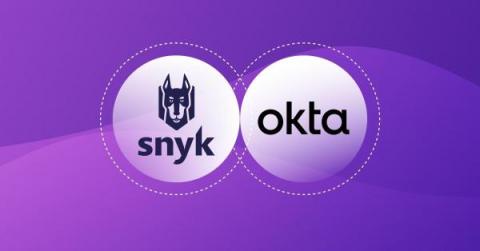A guide to input validation with Spring Boot
If you're a developer working with Java, you likely know Spring Boot, the robust framework that streamlines the development of stand-alone, production-grade, Spring-based applications. One of the many features it offers is Bean Validation, which is a crucial aspect of any application to ensure data integrity and improve user experience.











